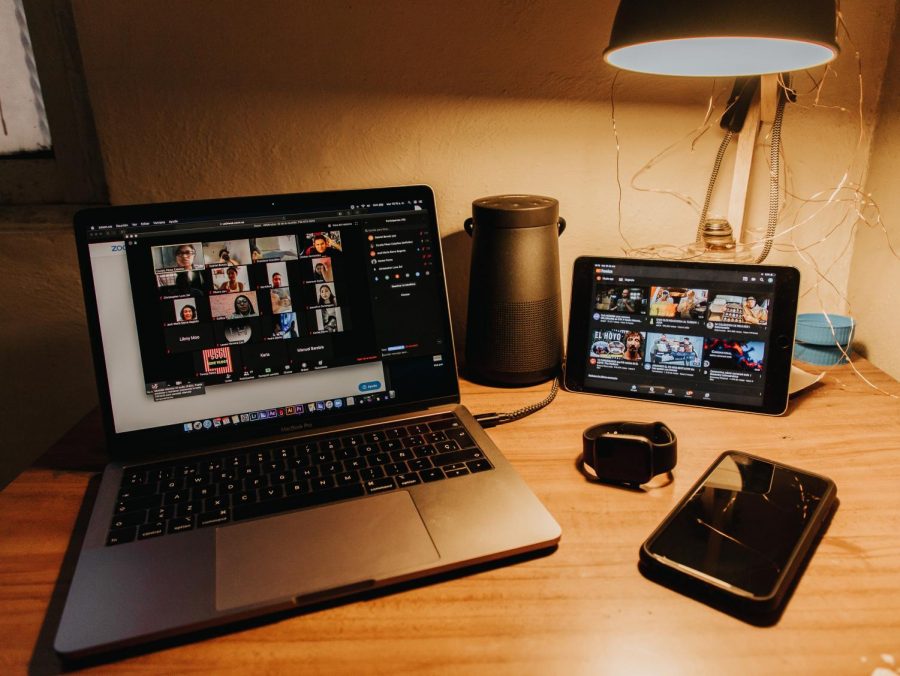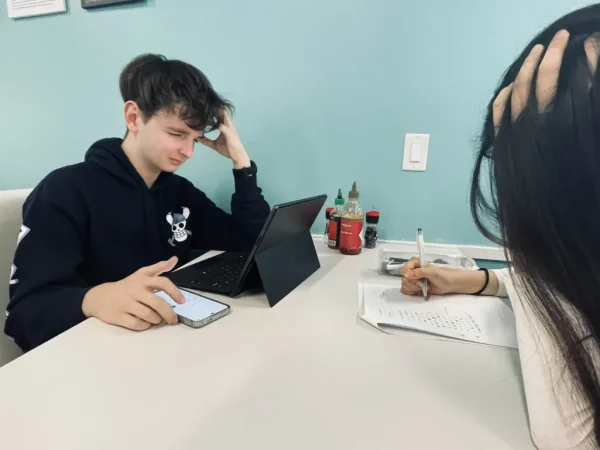Should There Be an Online Option for Students Next Year?
The pandemic has certainly caused a dramatic change in the way school curriculum is taught. The Village School is nearing the end of the school year, with some students still attending online classes through Zoom. As vaccination rates continue to increase in the United States, and with the Pfizer vaccine now available for children 12-15 years old, many schools in the U.S. are looking towards being completely in-person next school year. While everyone seems to be itching to “get back to normal”, online school has opened our eyes to important benefits that need to be addressed by schools as we move toward a post-covid world. I believe there should be an online option for students next year because it provides greater accessibility for disabled students and allows educational material to be more useful to students.
Before COVID-19, the prospect of every school providing an online learning option was unthinkable. However, the unthinkable happened when the coronavirus pandemic struck worldwide. Suddenly, every school was providing online options and even mandating them as the virus outbreak peaked. Different students either benefited or were disadvantaged by online learning. However, it is important to explore the benefits, specifically, looking at how virtual learning can help disabled students. With the in-person model of school, students with disabilities can face learning barriers such as travel between classes, medical or psychological absences, and lack of accommodations outside the classroom. With the option of online learning, travel barriers are eliminated, absences can be made up with recordings, and disabled students can gain greater accommodations by being at home. As a private school, The Village School has the resources and feasible power to grant this accommodation to students. It would also support the school’s mission of inclusivity and diversity. If properly implemented, an online option could greatly benefit disabled students.
These benefits are not only exclusive to those with disabilities but an online option can also maximize access and utility of educational materials for the greater student population. When students have sick days, game days, or doctor appointments they can access the recorded lectures for the time missed and/or attend online school for the day. This maximizes a student’s time and allows teachers to effectively catch up students who have missed class in almost any situation. Recorded lectures, a staple of online school, can also bolster knowledge learned in class. Allowing students to listen to lectures again, retake notes, and study directly from what was said in class would greatly benefit students studying for finals week or other large, cumulative assessments.
While the transition to online learning was unexpected, and even difficult, making the best out of a situation and learning from it is key. Giving students the option to take classes online would yield magnificent opportunities for Vikings who need them.

Regina Blenda Ayala is a passionate and driven senior who wants to make an impact every chance they get. They mostly connect with their Paraguayan...






